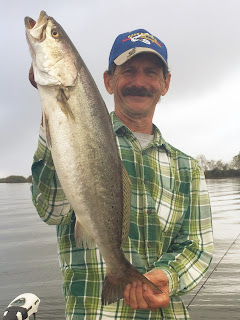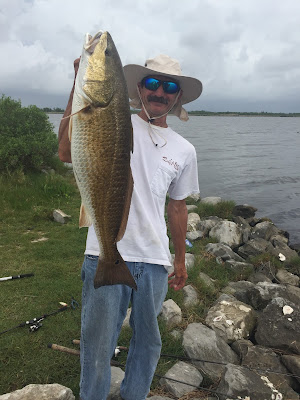Shallow Water Live Scoping
Shallow water livescoping is not as easy or simple as one might think. The sheer amount of noise can make it difficult to spot the targeted fish you are trying to catch. When talking shallow, I mean 6 ft or less. So you have bought the coveted holy grail Garmin livescope or the new Lowrance Active Target. These innovations have changed the way fishers fish for certain. Deeper lakes/reservoirs are easier to navigate and spot brushpiles and fish. Shallow water seems to be more difficult. The settings are basically the same, usually noise rejection on low or medium. Then you adjust the gain and depths accordingly. Some scopers like to keep the bottom at the lower part of the screen which works fine in deep water. But sometimes in real shallow water, the view gets distorted and it's harder to see the fish. I like to put the depth at half or three quarter screen. These are only personal preferences that work for me. The key to catching more fish in real shallow water, is knowing what to look for when fishing laydows and thick brush. You should look for "bright spots." Those usually indicate catchable fish. Sometimes you can tell they are crappie, but sometimes it may be bluegill, or even catfish. The bigger "spots" usually indicate crappie. In deeper water it is much easier to spot crappie as they tend to take on their natural shape or as some say, they look like footballs. Shallow water crappie are not so distinctive. To be honest, sometimes the only way to tell what your seeing is to catch the fish. Here in south Louisiana there is more than abundant bait fish and schools may look like crappie. The best way to distinquish this is by dropping your bait in the school. Bait fish will scatter as soon as you do this. Crappie may not bite but they seldom scatter like baitfish do. Another thing I have noticed with the scope, is that when you hit the trolling motor bait fish will scatter then too. Crappie can be spooked by the trolling motor also, but not like baitfish. Another mistake some make with shallow water livescoping, is they stay on spots too long. Admittingly, you do need to have more patience while scoping, but if you are seeing fish and they aren't interested, move on. Another thing i have learned from scoping or just fishing in general, is that somewhere, in some place, there will be fish willing to bite. Fish are always adapting and moving according to enviromental conditions.
There is also the debate on transducer placement. Some scopers like it on the trolling motor and others on a separate pole. Personally, when fishing canals or bayous, I prefer it on a pole. It makes it easier to scan the many laydowns (seen and un-seen). Boat control is another key to scoping. Often times you will spot fish and with momentum of the boat you will be on top of the fish before you have a chance to present the bait. The solution to that is a power pole. It enables you to stop quickly before you reach the fish. If you don't have a power pole like myself, simply turn off your trolling motor, drift past the spot you spotted fish and circle back.
There are other settings that are personal preferences and that is the color palette. Some fishers like amber, while others prefer blue or black emerald. Personally I run black emerald in shallow water. You can also adjust the color gain to your preference. The best way to get the color you like is to experiment with each one.
Perhaps the main thing to be sucessful at scoping in general, is practice, practice, practice. The more you do it, the better you will be at knowing what's bait fish, trash fish like carp, and what's a catchable fish like crappie, bass, catfish or bluegill.
Livescope technology is not for everyone. First and foremost, it is realativly expensive. Second you have to change the way you normally fish. If you are an occaional fisher, it is probably not for you. But if crappie fishing is your passion, it is very beneficial. Shallow water scoping can be challenging, but with the right amount of practice and patience, it will certainly yeild better catches.
Good luck fishing, Hope to see ya on the water.





Comments
Post a Comment